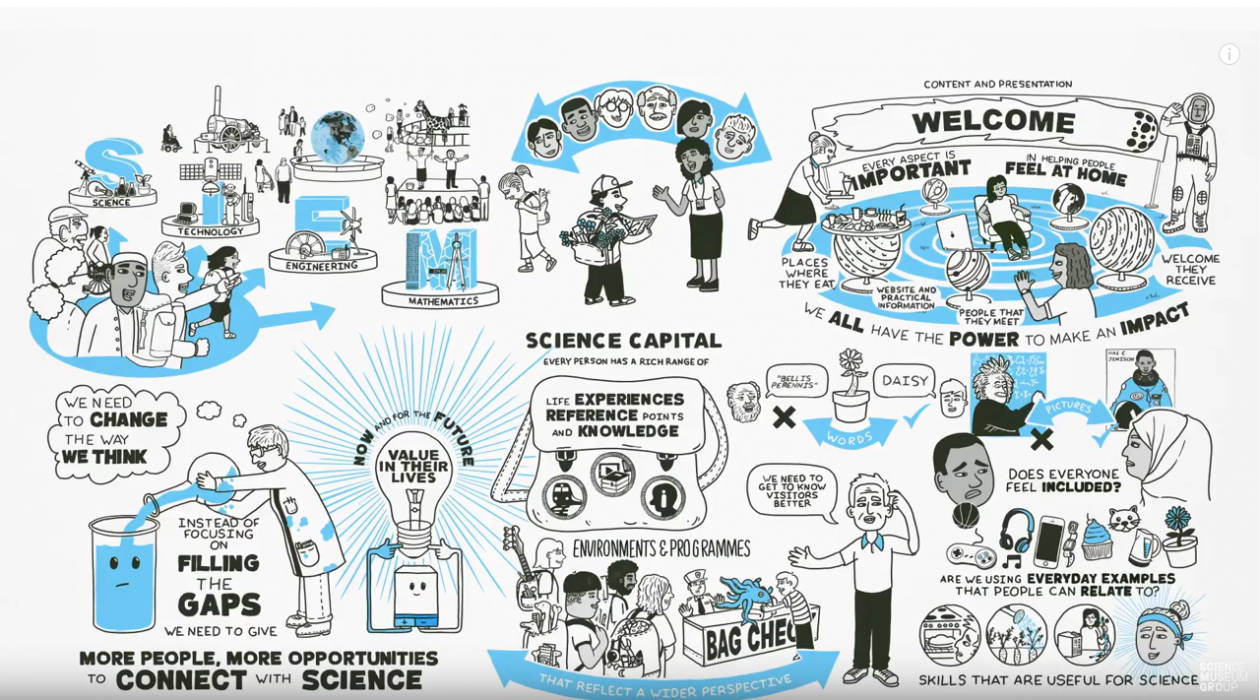The science capital teaching approach is an educational framework designed to increase students’ engagement with science and promote their understanding of science as a culturally relevant and socially embedded field of knowledge. It aims to improve science literacy and equity in science education by recognizing the role of social, cultural, and economic factors in shaping students’ attitudes towards science and their access to scientific knowledge.
The concept of science capital was first introduced by Professor Louise Archer and her colleagues at King’s College London in 2014. Science capital refers to the sum of knowledge, attitudes, experiences, and social connections that enable individuals to engage with science and understand its relevance to their lives. Science capital is not innate or fixed but can be developed and enhanced through educational experiences.
The science capital teaching approach is based on three key principles:
- Recognizing and valuing students’ existing science capital: The approach starts with the understanding that all students possess science capital, regardless of their background or prior experiences with science. Teachers are encouraged to identify and build on students’ strengths, interests, and cultural backgrounds to create more inclusive and engaging science learning experiences.
- Broadening the definition of science: The approach recognizes that science is not just a body of knowledge but also a social and cultural practice. Teachers are encouraged to incorporate diverse perspectives and examples of science in their teaching, including science-related careers, real-world applications of science, and science-related issues that affect students’ communities.
- Fostering science capital through positive experiences: The approach emphasizes the importance of creating positive and inclusive learning environments that promote curiosity, creativity, and collaboration. Teachers are encouraged to use inquiry-based and student-centered teaching methods, such as project-based learning and problem-solving, to help students develop their science capital.
The science capital teaching approach has been adopted by schools and educational organizations in the UK and other countries. It has been shown to improve students’ engagement with science, their confidence in their scientific abilities, and their aspirations for science-related careers. It also helps to address issues of equity and social justice in science education by recognizing and valuing the diverse backgrounds and experiences of students.

